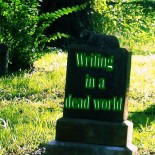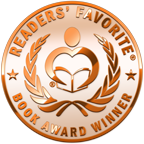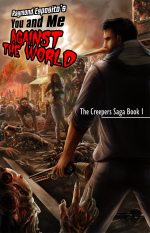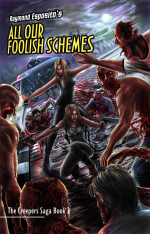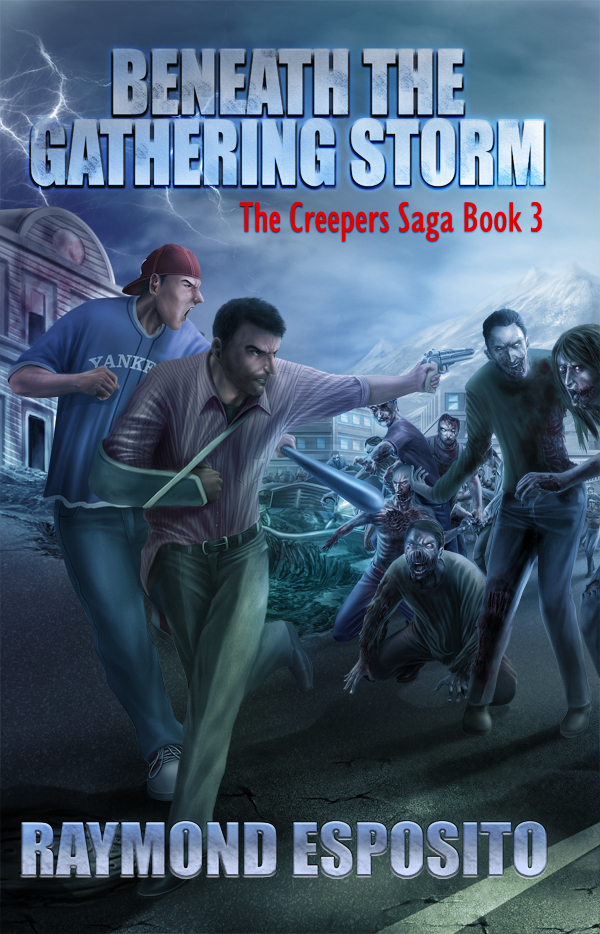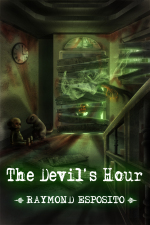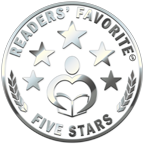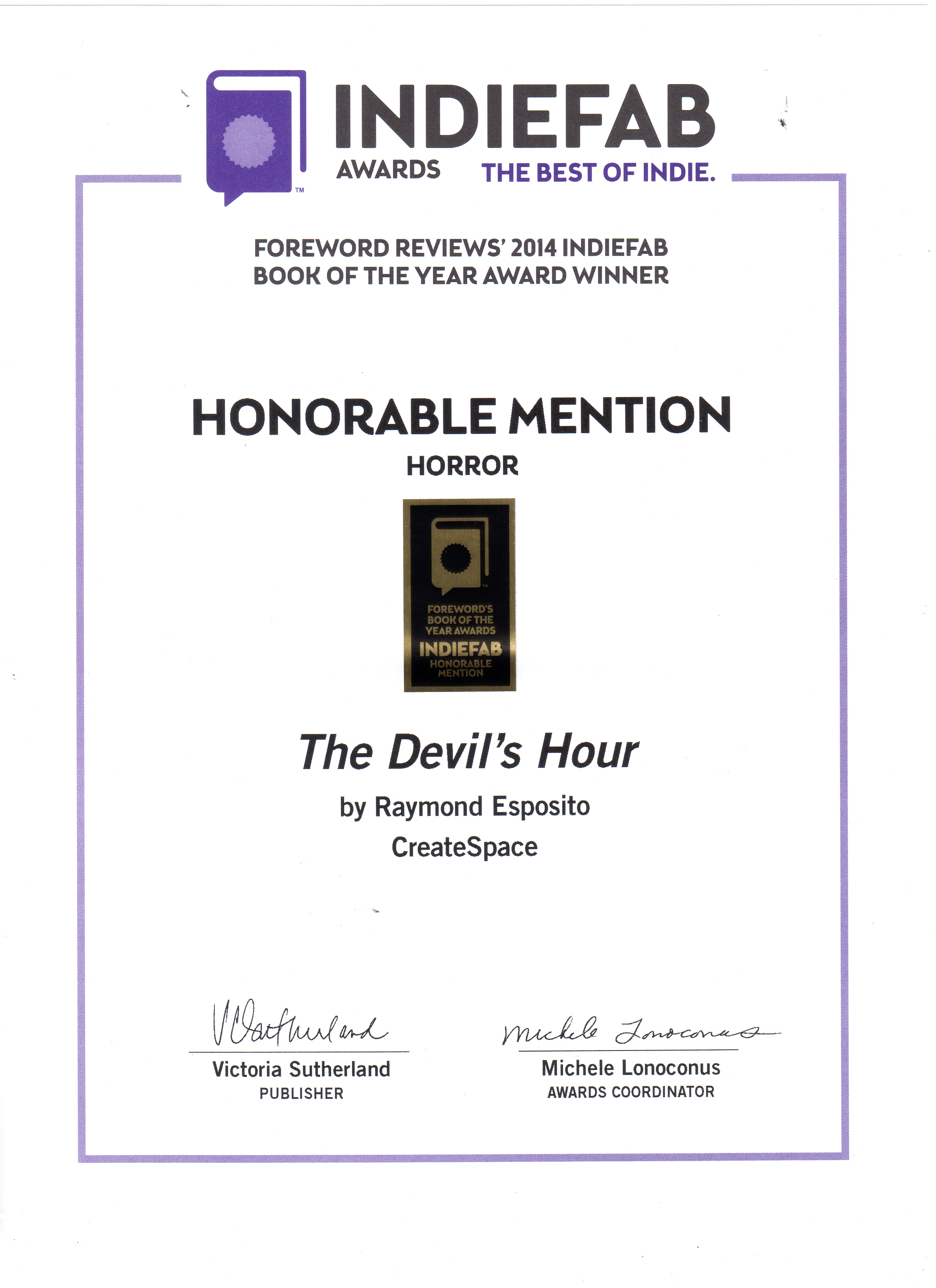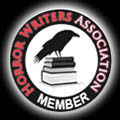I always wanted to be a writer. Not a journalist, not a laureate, just a guy who wrote the stories people wanted to read. I remember the awe I felt in seeing all those mysterious symbols on the pages my mother read to me from. I remember sitting in front of that old royal typewriter, staring at those green keys, pressing them even before I could spell more than three letter words like cat and dog. And I remember that red wide-ruled notebook where I penned my first stories. The notebook where I discovered how hard the words fought me. How difficult they made it to turn the ideas in my head into words on the page.
I believed then that the writing was the hardest part of the journey until…
…I discovered there was an institution called The Publishing Industry.
Being an author wasn’t something you just did. You had to apply for it, like any other job. Except the process seldom provided even so much as an interview. Mostly “thanks but no thanks”—if you were lucky to get that. You had to be first and foremost a good query writer. A master of short letters with minimum detail and maximum effect. You had to find just the right words. Words that might act as a force field against the circular file. The letter needed to be a tractor beam capable of pulling the manuscript from the “unsolicited” pile. The words had to form a magical spell that worked against the dark arts of those mysterious beings called Agents. And mostly…
…You needed a day job.
Then, a few years ago, the walls of Mordor were breached and the gates were laid open to the world of publishing. Self publishing had returned from its 19th century slumber. The opportunity to be an author was just a short journey from desk to world.
And then…
…Blind to the ambitions of others, unaware that I rode upon a sea of hundreds of thousands of other self-published works, naive to the the activities beyond the horizon, I packed my words into my first book and sailed to the shores of publication.
I arrived at a busy port.
The enchanted land of opportunity appeared to be in the midst of chaos. A street carnival filled with the commotion of the masses selling their goods and services. I stood with novel in hand. Those 300 pages that had been a beacon of hope and a tome of pride felt inconsequential. There, before those crowded streets, everyone had a novel. Many had more. Some carried stacks of them. And they all seemed to know something I did not. They appeared to know people I should know. They looked to be going somewhere important. So I looked for the signs to follow and found…
…There were so many.
The signs were without order. “This Way to Success” pointed in several directions. The list of things to do and not to do were long and more often than not contradictory. I felt like Harry Potter in Diagon Alley. I needed so many things, but the list was confusing and I was uncertain if I had the money to buy all or any of them. So I decided to ask the strangers who looked friendliest.
“Excuse me. Where should I place my dystopian novel?”
“Well, you can put it in that pile,” he said and pointed towards a mountain of books.
“Wait,” she said. “What kind of dystopian novel?”
“Kind?” I asked.
“Yes. You know Sci-Fi, Urban Fantasy, Young Adult? Oh please don’t say it has anything to do with zombies. That was so last year.”
“Last year?”
“Oh yeah. There was a big run on the zombie-thing after World War Z. No readers left for that stuff.”
“Did they all become infected?” I asked.
“They’ve moved on.”
“To what?”
“No idea. Doesn’t matter—self publishing is all garbage anyway.”
“Then, umm, why are you here?”
“Because he’s a troll. Don’t listen to him,” she instructed and took my arm. “Look all you need to do is get some reviews. Four stars are best. Five looks like you’re writing them yourself.”
“So it’s better to have a good book than a great book?”
“Oh no you need a great book, but nobody believes a 5 star is a great book. 4 stars are much more realistic.”
“Okay, so how do I get reviews?”
“Goodreads” “ A blog” they said at the same time.
“What’s a blog?”
“Oh you are new. It’s like an on-line journal. You write stuff and get followers.”
“I write stories on my blog?”
“Oh hell no. No one wants to read that. You have to write stuff people want to read.”
I looked down at my novel and whispered, “I thought I had.”
“It’s easy. Just write interesting stuff and then people will be interested in reading your book.”
“And then they’ll write reviews?”
“No. Probably not. But that is why you should also go on Goodreads.”
“So on Goodreads I can ask people to read and review my work?”
“Sure if you want to be shunned. The first rule of Self-publishing is never talk about your book.”
“So why am I going there again?”
“It’s what authors do, that’s why.”
“I thought authors wrote stories.”
“They do, but that’s the easy part. If you want to just write stories, then go home and write them. If you want to sell them you come here and learn how to be a marketing professional.”
“But don’t marketing professionals promote products.”
“Yes.”
“But I can’t promote my book?”
“No. You have to promote you. Forget the book. Look everyone writes books. Write all you want. In fact ten bad ones are better than one good one. Just remember you have to promote You.”
“He’s right. The secret is to meet new people. Make connections. Gain insights.”
I looked around. “Like those folks over there?” I asked and pointed to a group of people who had formed a circle around another.
“Oh no, you don’t want any of that.”
“Why? They look like they are offering her advice.”
“Actually they are eviscerating her. They didn’t like her book.”
“Was it a bad story?”
“Not really but she had three typos in it.”
“And stay away from those guys,” the women said. She pointed to a group of well-dressed professional individuals. They looked like the type familiar to me from my day job.
“Why?”
“Vanity Press and Marketing Services, that’s why.”
“Wouldn’t those services be helpful?”
“No. They cost too much money. Besides if you want real credibility you have to get reviews. Winning a contest would be helpful. Put your money into that kind of stuff.”
“Where do I find a contest?”
“Oh they’re all over the place. Can’t swing a dead cat without hitting one.”
“How do you enter?”
“Well you need to write a short synopsis of your book. Really sell them on why its great, why people would be interested.”
“So…like a query letter…to an agent.”
“Exactly.”
“And that will help?”
“No but it can’t hurt.”
“Anything else I should do?”
“Sure. Plenty. But it’s best if you just pick up the manual on secrets to successful self-publishing.”
“There’s a manual?”
“Lots of them. But hey don’t look so forlorn. You just need to have a good bag of tricks.”
“Tricks?” I felt like Bones from Star Trek. I wanted to argue, “Damn it Jim, I’m a writer, not a magician.”
Instead I said, “Maybe I can just get the short list of things to do.”
“Here take mine.”
It read:
get a blog, get a website, write interesting posts, enter contests, get reviews, aim for 4 star reviews, talk to people but not about your book, don’t argue with readers, watch out for trolls, make certain you have a good cover, hire an editor, hire a book designer, join groups, give away books, pick the correct pricing strategy, don’t talk about your book, create a newsletter, pay for reviews but don’t tell anyone, get a beta-reader, hire a developmental editor, write several books, do book signings, don’t waste your time doing book signings, use the correct meta tags, write a great blurb, get on Facebook, don’t waste your time on Facebook, get on twitter, use Instagram, buy an Ad, don’t buy Ads they don’t work, try everything, its all based on hard work, it’s all about getting lucky.
It was exhausting.
But I still want to be a writer.
And every now and then I get a nice review. I don’t sweat the five-stars. I don’t think they have helped or hurt my sales. And I’ve found that writing a blog is perhaps more fun than writing novels. And I won a contest finally—a bronze in horror at Reader’s Favorites for my first book. I don’t expect a landslide of sales from that shiny little star—the affirmation is enough.
It turned out the journey wasn’t what I thought it would be. More difficult in ways I never imagined. More fun than I ever thought it might be too. On this journey I’ve learned a lot. I’m still learning. I’ve also met some incredible people and I discovered that other authors aren’t competition—they are kindred spirits. I found people who work to support authors, through editing, book covers, and blogging who actually care. I found that amongst the petty, troll-like creatures there are far more kind-hearted, friendly, and helpful readers and authors. I discovered that writing may be a solitary thing, but that there is a large supportive community just beyond the keyboard.
For a writer the journey doesn’t end at the shores of publication. That is the point where it begins. The reality of the business is far more bizarre than any fiction I could create…
…But that’s what keeps me interested.
I like this strange land I travel in. I like the partners who travel it with me. But most importantly, I discovered that somewhere along the road it stopped being about the destination and became an intriguing journey of experience.
